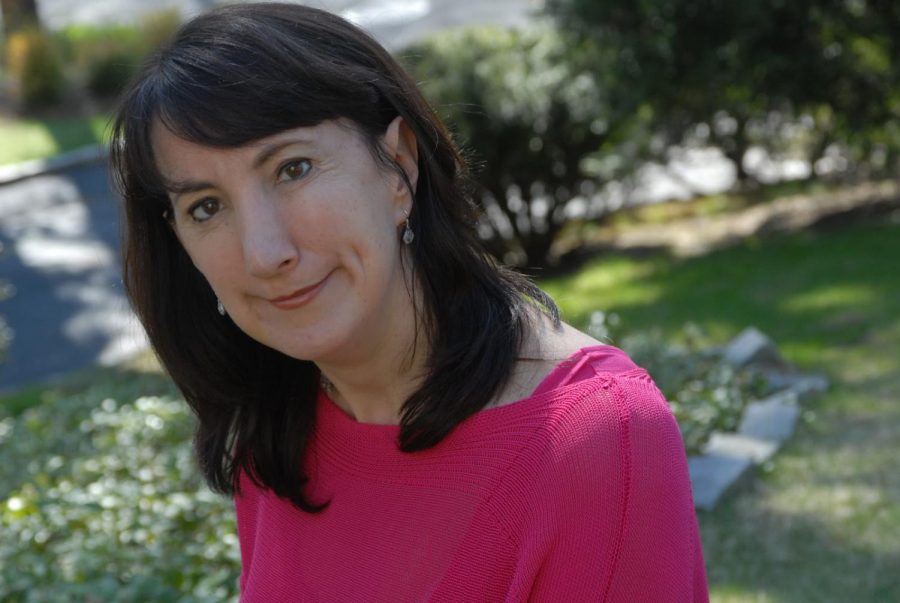Throughout the pandemic, children, young adults and their caregivers have each experienced a shift in almost every aspect of their lives. For some, it might be difficult to adjust to these sudden and vast changes, and they might need assistance to work through their pandemic-related struggles. To help children and families in need in Queens, a team led by St. John’s professor Dr. Elissa Brown has created a survey to assess their needs.
Brown, a professor of psychology at St. John’s, has worked in disaster mental health, a provision of mental health studies and services dealing with disaster and trauma survivors for the last 20 years. When the pandemic began in March, Brown started offering informational sessions for parents and community leaders in Queens to help them understand how to navigate the “new normal” and discover what resources these families need.
Brown got her start in disaster mental health after the terrorist attacks on Sept. 11, 2001. She worked at the NYU Child Study Center at the time and felt a call-to-action after learning about the attack. Brown said in an email to the Torch that she “read the science on disaster mental health, talked to experts, and worked with my outstanding colleagues to design the Child and Family Recovery Program.”
After forming the program, Brown worked with families that were affected by 9/11 for three years. Brown believes that she learned a lot from working on this program, including discovering her passion for disaster mental health. Brown has also worked with victims of Hurricane Sandy, which struck the east coast in the fall months of 2012, to assist them with overcoming their trauma.
Brown is also the executive director of the St. John’s Child HELP Partnership (CHP). Over the past 15 years, the CHP program has aimed to support and heal children and their caregivers from any trauma that they might need to process. To achieve this, CHP provides free mental health services (including individual/family therapy and grief group counseling) to help New York City children and their caregivers. Now, Brown and her team at CHP seek to understand how the COVID-19 pandemic has impacted the mental health of children in Queens. They intend to study this through a survey taken by youth (ages 9-17) and their caregivers.
After analyzing the results of this survey, the team will then assess what families need, as far as interventions and other mental health resources. Brown believes that “by asking about a range of understandable reactions to a national crisis, we can identify different groups of children and match interventions to each group’s set of emotions and behavior,” according to a press release from the University.
By studying children and families in Queens, Brown hopes to understand the reaction to the COVID-19 pandemic in areas outside of New York as well. “Queens has diversity unlike any other county in the United States,” she told the Torch. “This means that we have the opportunity to learn about many, many communities that live elsewhere in the U.S.”
The survey is available in seven different languages (English, Spanish, Korean, Mandarin, Bengali, Russian and Haitian Creole) to ensure that families from all backgrounds are well-represented in the study. By creating a diverse sample size in Queens, Brown’s study can be applied to families across the United States.
Dr. Brown hopes to receive responses from at least 500 children and their families across Queens. Currently, her study has already enrolled over 100 participants. In addition to her study in Queens, she is actively raising funds to broaden the survey to children across the five boroughs of NYC. For every $20 donated to the study, an additional family can participate. You can donate or find more information on the Give Campus Campaign page here.









Sharon L Cohen • Oct 28, 2020 at 11:50 pm
I’m pleased to see that this study is being conducted, since we know so little about how the pandemic is impacting children. Children unfortunately are one of the populations most Vulnerable to disasters. In Newtown, seven years after our shooting, we continue to see the survivors dealing with their experience. We just don’t know how today’s children and youth will be impacted. In our recent book, “Disaster Mental Health Community Planning,” we emphasize the need for preparedness, so we can help survivors with their long-term mental health needs. This survey is key. I would like to be kept up to date on its findings.